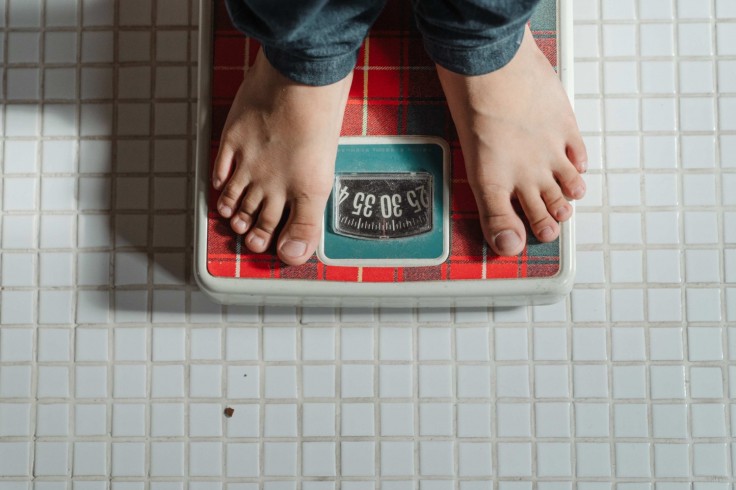
As parents, we always find ways to help our children overcome body image issues and gain potential high self-esteem as they grow up. And understanding their behavior could be the key.
Body image issues refer to the negative things we think about our bodies and how it looks. Your body size, shape, and weight may have nothing to do with this. Rather, having a positive body image ensures that the body can be noticed, valued, and respected by others.
Body image issues can have adverse effects on your children's physical, psychological, and social health. It could affect their appetite, leading to depression, anxiety, and, as mentioned, low self-esteem.
But how exactly do children learn what body image issues are? The answer to this is their environment — people from school, social media, and even television influence their idea about the human body. Often, children adopt their environment's negative ideals as they conform to societal norms and feel accepted.
Children impart the concept of being "fat" by merely hearing them from their peers or from the shows or advertisements they see on TV, and as a result, they tend to refuse when it is time to eat anymore, and this happens at an early age.
Parents won't always correct their children's ideas or thoughts for the sake of avoiding miscommunication. However, there are ways on how parents can help their children avoid body image issues.
What can you do for your kids with body image issues?
1. Model the right body image to your kids
Adults may have ideals on what their bodies should look like as part of culture or even trends. This includes the usually incorrect perception of the "importance" of being skinny. So as parents, we need to be mindful whenever we express feeling bad about our bodies as we gain weight or as we grow old. This is especially true as we unintentionally start modeling a negative impression about weight and age in front of our children.
It is best to avoid the words "fat" and "diet" when speaking at home, even when we are not talking to our kids. Children, especially girls, are very susceptible to what we say, so you may want to let them feel comfortable with how their body develops. At the same time, you may also want to praise them as they physically express their style.
2. Promote healthy physical activity at home
Instead of focusing on physical appearance alone, let your children appreciate what their bodies can do for them. Doing so will help them feel better about their body and have better self-esteem. Encouraging them to be physically active and participate in fun and healthy activities can help them see and hone their capabilities rather than concentrate on the shape of their bodies.
3. Verbally express that gaining weight is not bad
Others probably associate having more body fat with being overweight or having a poor and weak immune system. However, the fact is that you cannot base the well-being of a person based on appearance. And while this is true, kids most often do not know this as they pay more attention to what society tells them.
Therefore, it is our job as parents to constantly remind them about body positivity and help them understand that having a healthy body is what actually matters, and that no exact shape equals healthy. This depends on how nutritious our food is and how physically active we are.
Be mindful of the time your kids start experiencing insecurities. At this stage, they are already prepared to deal with and discuss body image issues with you. So don't be reluctant to talk to them about it (but don't be insistent, too!); remember that talking to growing children also means getting the timing right.
What matters most is that you keep helping your children feel more confident about themselves, especially their bodies. Keep in mind that developing a strong sense of identity, including self-worth, is crucial in their growth.